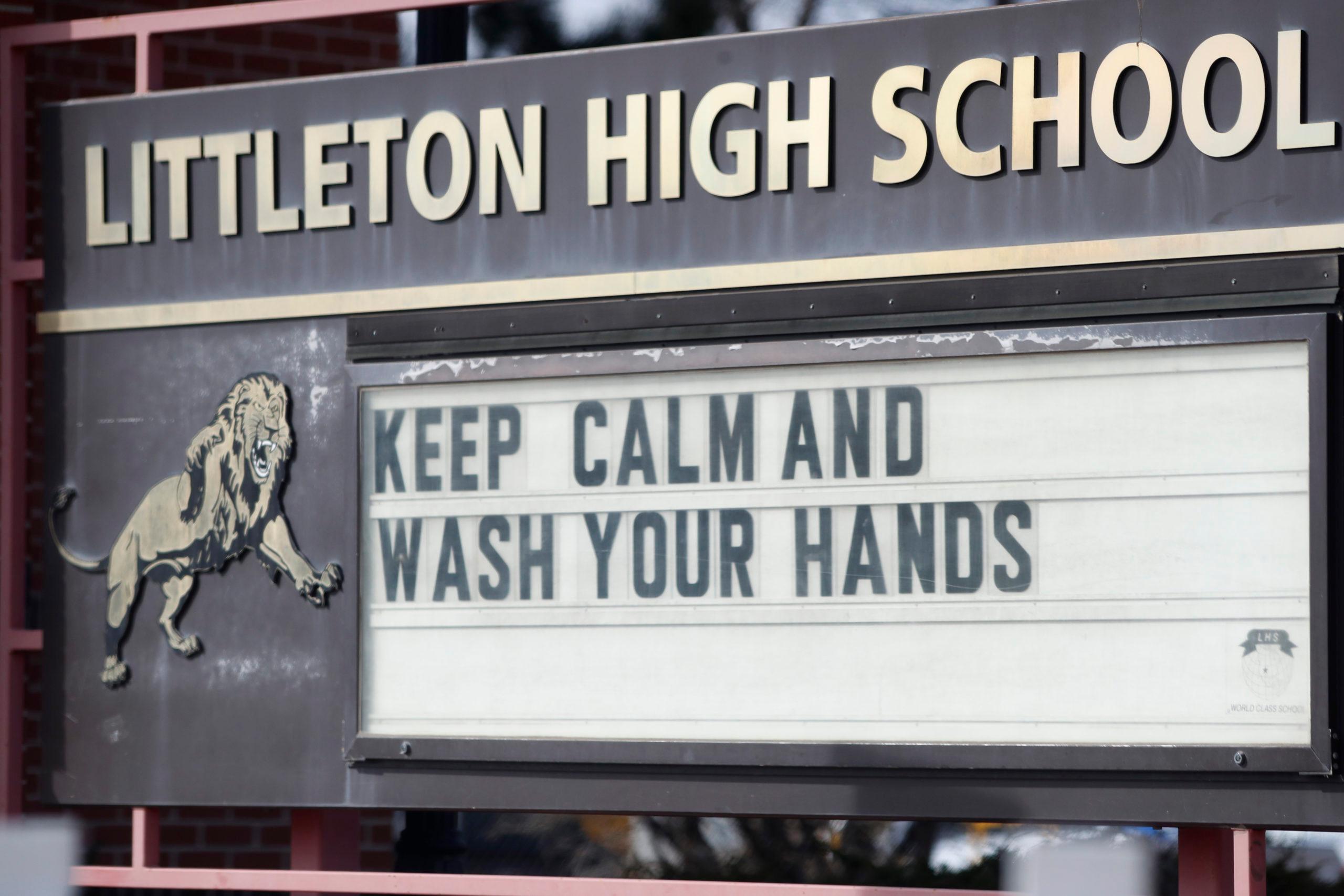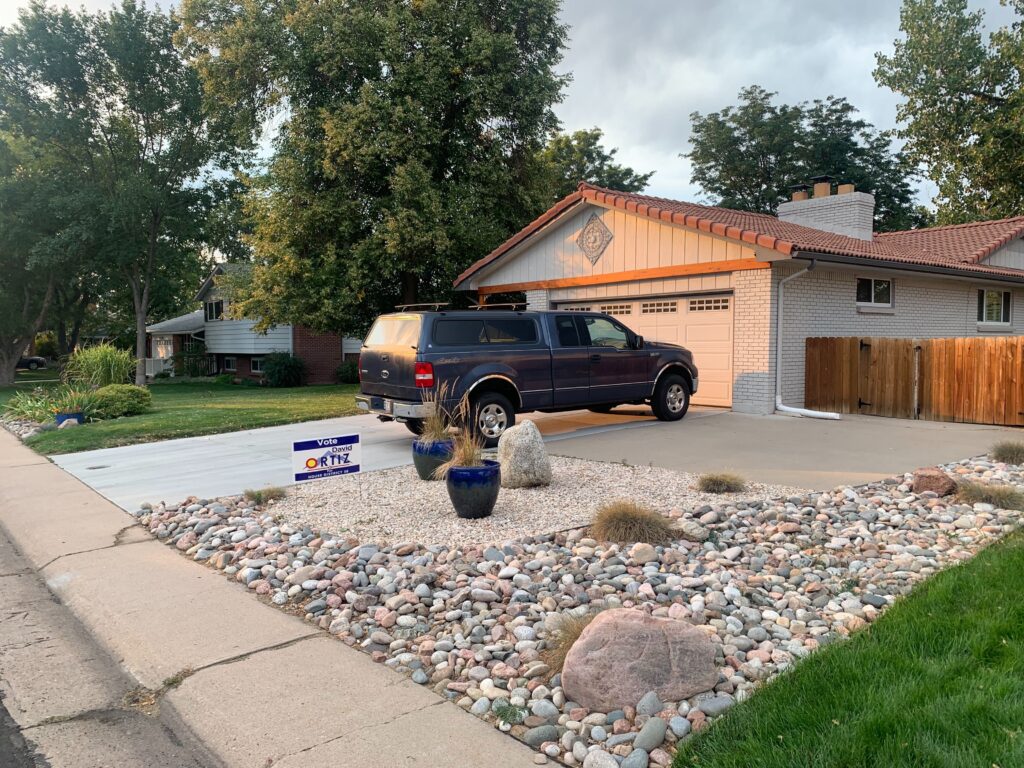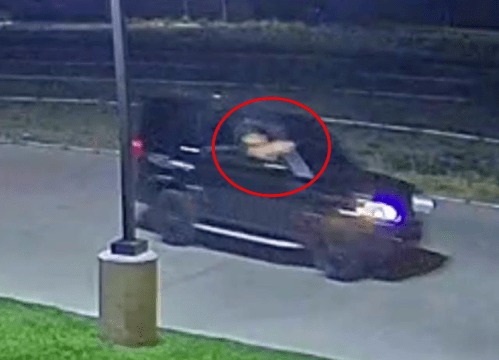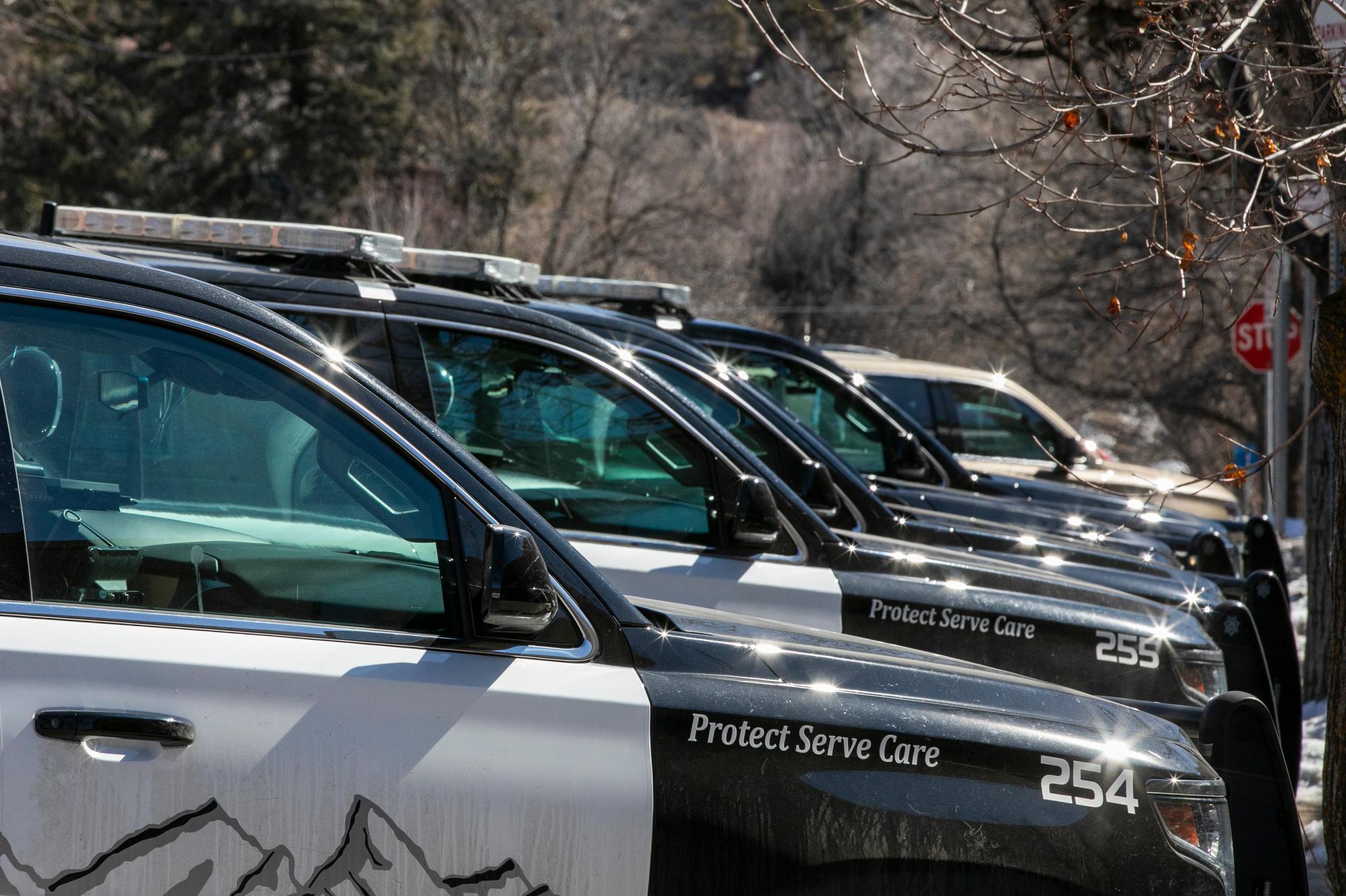
Standing outside his garage in a neighborhood of ‘60s ranch houses and skinny sidewalks, Littleton resident Greg Mayers laid out his case against Donald Trump.
“He’s no different than George Wallace was or McCarthy was in the ‘50s,” Mayers said. “He’s running on white supremacy. He’s running on racism. He’s running on scaring white people ... He’s doing anything to get elected.”
Clearly, the 58-year-old attorney won’t be voting for President Trump. And yet he’s exactly the kind of voter that local Republicans are searching for as they try to avoid another electoral disaster in the suburbs.
That’s because, despite his strong opinions about the presidential election, Mayers is still open to voting for GOP candidates in state and local races. With Democrats holding all statewide offices and both chambers of the General Assembly, he actually wants to see Republicans regain some power in the state.
“It’s the only way politics works,” he said. “If there’s nobody to check on what you’re doing, they’ll do whatever you want. It doesn't matter whether it’s a D or an R.”
Mayers is a so-called “split ticket” voter. He’s unaffiliated, and his desire for bipartisan government is one that many Republican candidates in Colorado have seized on. Trump lost Colorado by 5 percentage points in 2016, and he’s trailing by twice that now. So instead of talking about the top of their ticket, many GOP candidates instead have a state-level message about keeping Democrats in check.
Voters have been “consistent in telling us that regardless of their opinion, favorable or unfavorable, of the president or the U.S. Senate race, when you get to the state government, they don’t want one-party control,” said state Senate Minority Leader Chris Holbert.
He insists that Republicans have a chance to retake the Senate, where Democrats currently have a two-seat advantage, but other GOP leaders say their best hope is to avoid further losses and set themselves on a stronger footing for 2022.
To do that, Republicans have to hold seats in suburban areas that have increasingly trended blue. And perhaps nowhere in the state is more evenly divided going into this election than the communities that straddle C-470 along the Douglas and Arapahoe county lines.

In 2016, voters in Littleton and Centennial chose Hillary Clinton for president. The presidential race was so close that the candidates had an exact tie in several precincts. At the same time, though, these voters reelected Republican Rep. Mike Coffman for the U.S. House and kept local Republicans in their statehouse seats.
But 2018 was a different story. Suburban voters ejected Republicans from districts across the Front Range, flipping control of the Senate to give Democrats a “trifecta” — governor, Senate and House control. The rout went up and down the ticket; Coffman lost his seat, as did incumbent GOP sheriffs in Arapahoe and neighboring Adams counties.
The local House member did manage to hold her seat, but only barely. Now-former Rep. Susan Beckman saw her margin of victory shrink from about 8,000 votes in 2016 to just 374 votes in 2018. This once-safe district was suddenly the most competitive in the state.
That trend could prove troubling not just for local candidates, but also for U.S. Republican Sen. Cory Gardner. Voters in 2014 split their tickets to simultaneously elect Gardner as senator and John Hickenlooper, a Democrat, as governor. Today, Hickenlooper is challenging Gardner for the U.S. Senate seat.
Elsewhere in Littleton, Justin Propernick, a 46-year-old transit operator, said that 2018 was a turning point for him after two years of Trump. The Buena Vista native used to split tickets, including a vote for George W. Bush.
No more, he said.
“I hope the Republicans get completely wiped out across the board. And I think they deserve that, for what has happened to the country, for the way that they supported the president and some of the senators,” he said while watching a smoky sunset from a hilly park in western Littleton. “All the way down.”
It’s an attitude that reflects the ongoing “nationalization” of politics. Studies have found that Americans over the last 40 years have become less willing to vote across party lines — a change that has come alongside increasingly negative feelings about the other party.

Researchers “have shown that increasingly, the presidential vote in a state legislative district is more and more predictive of the results in the state legislative race,” said Shiro Kuriwaki, a Ph.D. candidate studying split-ticket voting at the Harvard Department of Government. In other words, voters are starting to treat super-local races like an extension of the battle for Congress and the White House.
“The modern electorate is becoming more consistently partisan,” Kuriwaki said.
Republicans double-down on ‘all politics is local’
President Trump knows that white, suburban voters are crucial to his re-election, and he’s tried to win them over with warnings to the “Suburban Housewives of America” about Democrats’ threat to the “Suburban Lifestyle Dream.”
But here in the southern Denver metro, the Republican candidates are all but ignoring the president’s messaging.
“That’s national politics. And we’re concerned with local politics. We’re concerned with what goes on in Colorado and Littleton and Centennial and Columbine and Bow Mar. I don’t see that as an issue right now,” said Rep. Richard Champion. He was appointed to the House District 38 seat early this year after Rep. Beckman stepped down to take a job with the Trump administration.
Champion is a supporter of the president, but on a recent Saturday morning of door-knocking, he introduced himself as the neighbor down the street. The former mayor of Columbine Valley and oil-and-gas company owner spent time discussing local traffic patterns, police patrols, and on one occasion, cobbler.
His central pitch was that the Democrats controlling Colorado’s capitol have gone too far and that the state needs more Republicans in office to get back on track. He was most riled by property damage during recent demonstrations near the Colorado State Capitol, which he said Democrats failed to protect. (Repairs are planned over the next few months.)
“The independent thinkers of House District 38, they feel the same way: Why in the world are we putting up with this? Well, it’s because you have a supermajority,” he said. “We need balance down at the statehouse, and we do not have any.”
Another local Republican hopeful, state Senate candidate Suzanne Staiert, said her goal is to provide balance within the Republican party itself.
“I think it’s really important to have different voices in the Republican Party, just like it’s important in the Democrat Party. You don’t want a party to be extreme in any end,” explained Staiert, who has focused her campaign on taxes and schools.
Staiert is running for Senate District 27, which also covers Littleton and Centennial. The single mother of three noted that there is currently only one woman in the Senate Republican caucus, and she is term-limited. Staiert also helped press the recent ethics case against former Gov. John Hickenlooper.
Democrats bring in Trump and health care
The Democratic candidates in these districts similarly say they’re local leaders who will fight for the area’s best interests. But they have been much more willing to embrace national politics.
“I think a lot of educated, unaffiliated voters are tired of the fiasco, tired of the reality show that this administration and president have turned our politics into,” said David Ortiz, who is challenging Champion in HD-38.
His platform includes progressive policies that would have been rare in a swing district just a few years ago, including support for federal Medicare for All.
“Health care should be a right, and I should know that. When you are paralyzed from the waist down, that changes every aspect of your life,” said Ortiz, a combat aviator who was injured in a helicopter crash in Afghanistan and later became an advocate for veterans.
Both men in the race have military backgrounds; Champion served in the U.S. Army Reserve.
It’s a similar story in the state Senate race, where Democrat Chris Kolker describes himself as a common-sense compromiser while also advertising his support for Medicare for All.
Americans feel they’re “getting further and further apart,” said Kolker, a financial planner and former high school teacher. This is his second try for a local seat after losing the 2018 House race by just a few hundred votes.
“They want to be heard. They want to hear that you’re not against something — that you’re for something,” Kolker said. And he believes that voters won’t be swayed by Republican warnings about Democrats hold too much power.
Voters are “not looking at balance of power,” he said. “They’re looking at the person who’s running.”
What will voters choose?
Across the United States, single parties now hold state-government “trifectas” in 36 states, including Colorado.
Researchers have theorized numerous reasons for the shift. Some see it as a result of the decline of local news media; with less information on local issues, people may give more weight to national politics instead. Or perhaps it’s a side effect of the two parties’ increasingly competitive battle for Congress since the late ‘70s.
Of course, Trump’s presidency and the crises facing the United States also have convinced many voters that this is an all-or-nothing election.
The intense polarization hasn’t changed one fact of politics: Voters in the middle have an enormous influence on elections. For example, the “blue wave” in the last midterm elections wasn’t made entirely of diehard Democrats. Instead, the party may owe its landmark victories in Colorado and nationally to a relatively small number of voters changing their minds.
“Our best estimate is that only 3 to 4 percent changed the party they were voting for between 2016 and 2018,” said Kuriwaki, the Harvard researcher, referring to nationwide elections. “… There is this clear trend toward nationalization, but in general, it seems like it does not take that many voters to be consequential.”
In Colorado’s most competitive districts, Republicans are hoping that those moderate voters will give them another chance, even if they reject the president. Across this slice of the south metro area, several self-described swing voters said in interviews that what they really want is a return to “normalcy.” And for many of them, especially older white men who are a significant political force here, that means more bipartisan politics.
Political operatives on both sides say that campaigning on the ground will still make the difference. That could prove a wild card: The local Republican candidates have been out on the trail in person, masking up to go door to door and talk with voters, while the Democrats are relying on virtual events and phone banking for their Senate and House campaigns.
Greg Mayers, the attorney in the Littleton neighborhood, said he hadn’t decided on his local candidate yet. He thought that Ortiz’s policies on health care went too far, but he’d received several phone calls from the campaign, and that could sway his opinion.
“Again, I’m not a huge fan of a lot of his politics,” Mayers said, “but I know his name.”
For a few voters, at least, some politics are still local.
Editor's Note: This story has been corrected. An earlier version miscalculated the Democratic majority in the state Senate.








